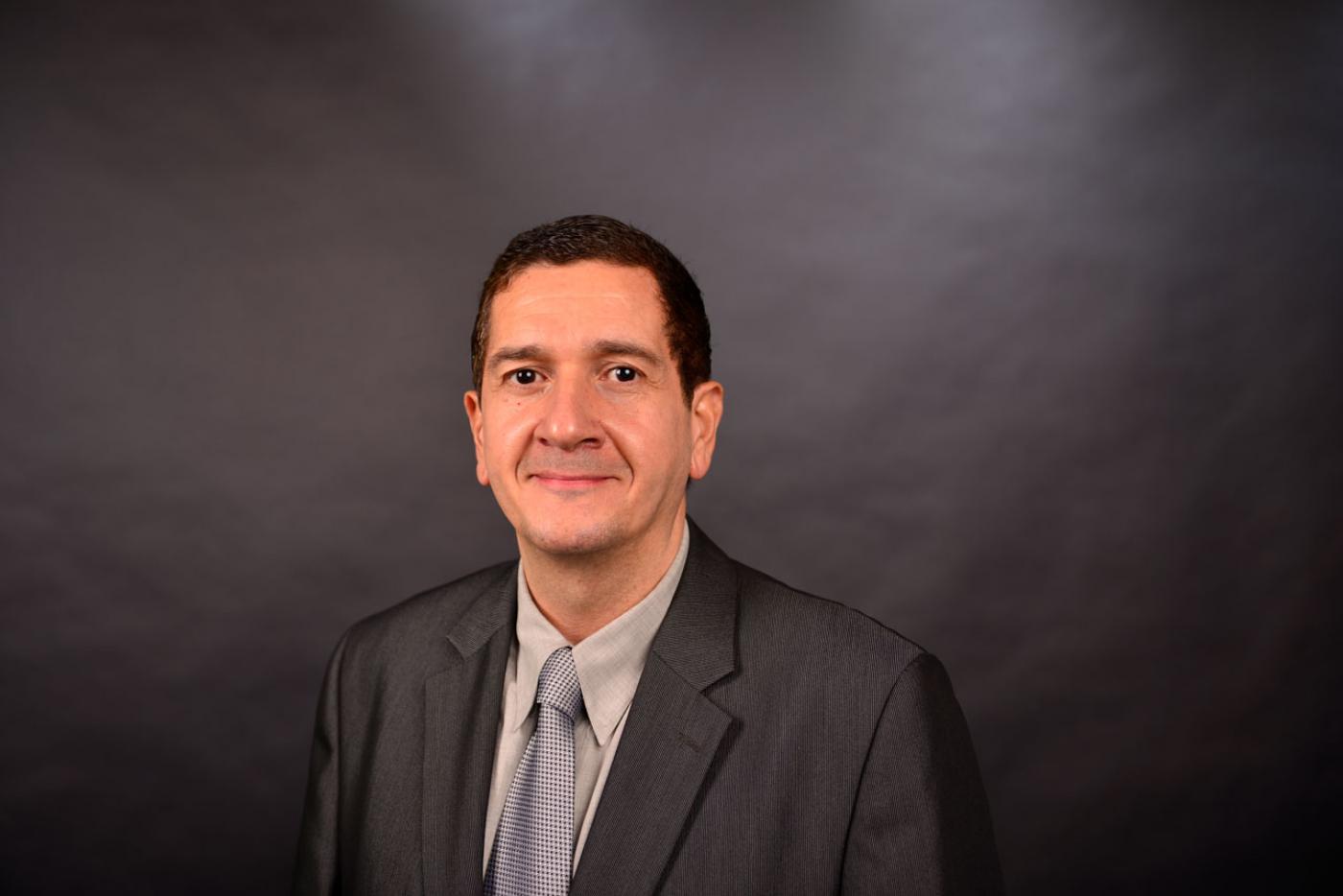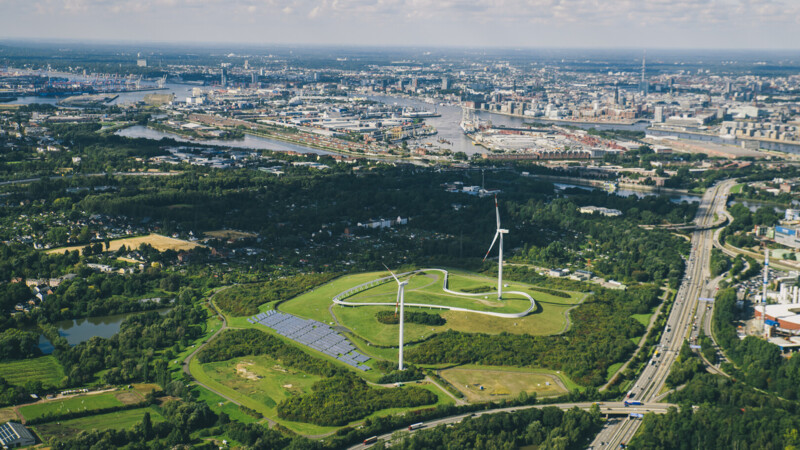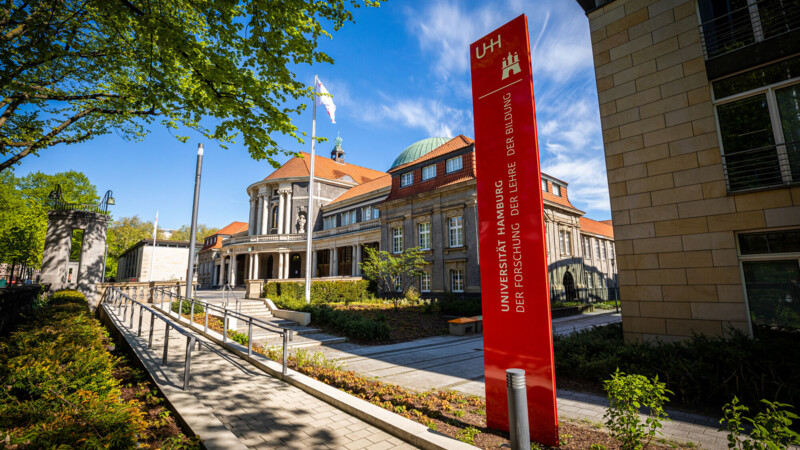As one of 200 lead authors, Prof. Walter Leal, HAW, curated the chapter on poverty, livelihoods and sustainable development. The professor also contributed to the chapters on climate change, health and Africa. "Some of the key findings are that climate change is worsening poverty and exacerbating inequalities," Leal explained. When megatrends, such as urbanisation or migration, are added, these dynamics are accelerated. "The impact of climate change is therefore not only on ecosystems and biodiversity. Ecosystems are equally threatened and so are people and their diverse societies, cultures and settlements. COVID-19 has exacerbated the existing inequality," he stressed.
"Climate change is a threat to human well-being and the health of the planet. Any further delay in concerted global action will miss a short and rapidly closing window of opportunity to secure a livable future," according to the latest report by the Intergovernmental Panel on Climate Change (IPCC), published in late February. The IPPC's sixth so-called Assessment Report was supervised, among others, by the Hamburg-based climate researcher Prof. Dr. Dr. Walter Leal.
Climate change threatening ecosystems and people

Leal was among 600 co-authors of the "Handbook on Managing Climate Change - Research, Leadership, Transformation" which shows examples of adaptation to climate change, and was published in the run-up to the World Climate Conference in Glasgow in autumn 2021.
Hamburg - key centre of global climate research
"The fact that climate change is man-made and that we don't have much time left to keep our planet livable is something science leaves no doubt about," said Katharina Fegebank, Senator for Science and Research at the presentation of the IPCC report. Hamburg is a key centre of global climate research and has made a significant contribution to the published findings. Without science-based facts, an effective fight against global warming is not possible," Fegebank pointed out.
cb/sb/pb
Sources and further information
More
Similar articles

Manual showing how to adapt to climate change presented in Glasgow

University of Hamburg gets EUR 1.25 million for climate research

